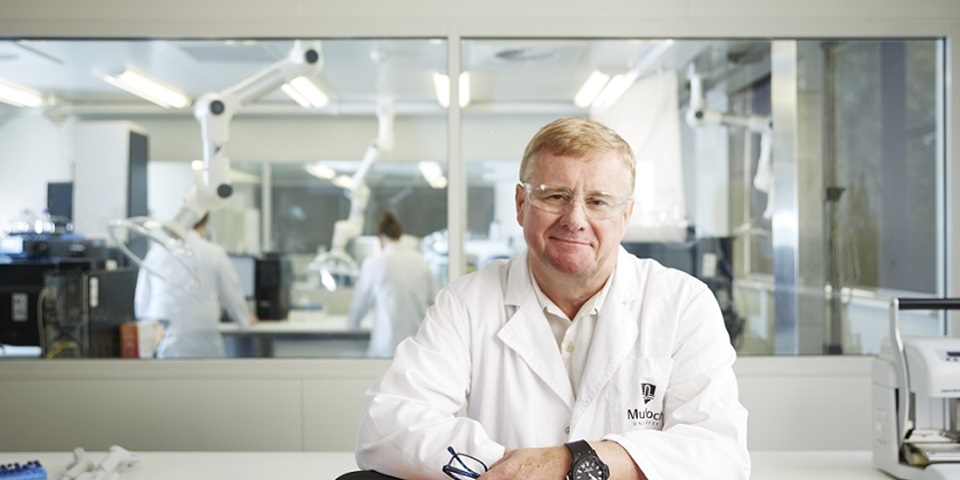News
New advances in detecting COVID-19 infection

Scientists at the Australian National Phenome Centre (ANPC) at Murdoch University in Western Australia have filed a patent that represents a major advance in the detection of COVID-19 infection.
The patent involves the use of advanced magnetic resonance technologies to detect the pathological signature of the disease that does not rely on direct detection of the virus, but on the biological fingerprint the disease has on the patient.
The patent is jointly filed with Bruker Biospin GmbH, a New York Stock Exchange listed company that develops advanced analytical technologies.
Professor Jeremy Nicholson, Director of the Australian National Phenome Centre and Pro Vice Chancellor for the Health Futures Institute, said this paved the way to the development of new regulatory approved tests that can be rolled out in multiple countries.
The new testing paradigm also allows long-term effects of the disease (Long COVID) to be monitored in a way that will help enable personalised healthcare for long-term COVID-19 sufferers.”
Professor Nicholson said the method identifies new molecular biomarkers linked to abnormal fat biochemistry and the way in which those fats bind to circulating proteins.
The novel signatures proved to be highly effective (95% or higher) at distinguishing SARS Cov-2 positive patients from patients with mild to moderate non-COVID-19 respiratory disease.
"The importance of this patent is that it paves the way to developing a regulatory approved test that would be used to help distinguish COVID-19 from other respiratory diseases based on changes in metabolism, not the presence of the virus itself,” he said.
“An important possible use of this would be to augment existing PCR methods that are a mainstay of border biosecurity protection measures.”
"This is an example of an international science collaboration that is driven out of the discoveries of a WA laboratory (the ANPC), effectively with WA leading the COVID-19 diagnostic discovery paradigm," he said.
"Although WA has been spared the most serious effects of the COVID-19 pandemic so far, there are still many challenges ahead until the population is protected adequately by vaccines or other therapies and biosecurity vigilance, which has worked well in WA so far and must be upheld in the presence of new more aggressive virus variants.”
Professor Nicholson said new physical and chemical methods for detection such as the one proposed will assist in improving screening procedures in the future but are subject to further regulatory refinement and approval which is now ongoing at the ANPC and partner laboratories.
The test currently works on a small blood plasma sample that requires no pre-treatment and takes about 3-4 minutes per test.”
"We are further optimising the test procedure for speed and sample size and we expect performance improvements during regulatory development – even though this is still a work-in progress we regard it as a significant translational development" said Professor Nicholson.
Dana Henderson, CEO of Spinnaker Health Research Foundation, which helped fund the research, reiterated the importance of the latest findings.
“Spinnaker is funding this research as we believe that improved diagnostics and vigilant monitoring of this disease is absolutely critical,” said Ms Henderson.
“The UK has now had more than 100,000 deaths and 30% of infected patients are returning to hospital within months, many not surviving. Australia can ill afford to be complacent.
“We are relieved that a vaccine is soon available but we need every weapon in our war-chest if we are going to conquer this threat. WA is leading the battle with the discoveries from the ANPC but further investment is urgently needed.”
Professor Nicholson also acknowledged funding from the WA Government and The McCusker Foundation for supporting the ground-breaking research.
This research supports the United Nations Sustainable Development Goal 3 to ensure healthy lives and promote well-being for all at all ages.
For research news delivered to your inbox, sign up to our monthly newsletter.